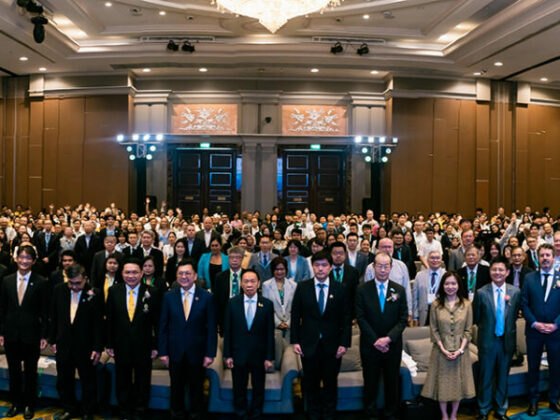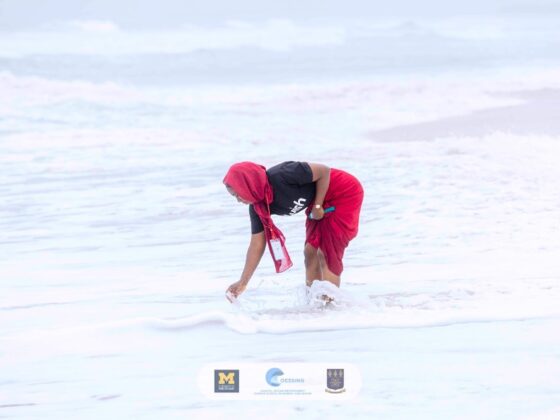To strengthen momentum for ocean knowledge-based solutions, the UN Decade of Ocean Science for Sustainable Development 2021-2030 (‘Ocean Decade’) is launching a strategic ambition setting process to identify a common measure of success for each of the Ocean Decade Challenges on the road to 2030. This process will produce a series of white papers to be presented at the 2024 Ocean Decade Conference in Barcelona in April 2024.
Building on the solid foundation of 408 endorsed Decade Actions and a growing global coordination network, the Ocean Decade has reached a pivotal moment for the development of a tailored roadmap to address priority gaps and needs towards 2030.
Structured around the 10 Ocean Decade Challenges, the Vision 2030 process will provide the answer to the question “What does success look like for these Challenges at the end of the Decade?”. It will take stock of current trends, gaps, and priority user needs and identify key targets and milestones to measure progress and enhance collective impact of the Ocean Decade.
“Three years into the Ocean Decade, we have now a robust basis to forge the pathway towards sustainable development through a holistic, participatory, and inclusive mechanism,” said Julian Barbière, Head of the Marine Policy and Regional Coordination Section at UNESCO’s Intergovernmental Oceanographic Commission (IOC) and Global Coordinator of the Ocean Decade. “The Vision 2030 process will help make ‘the ocean we want’ a reality by ensuring we have a collective and practical vision of success for each Ocean Decade Challenge.”
What will the Vision 2030 process achieve?
The Vision 2030 process will be coordinated by IOC/UNESCO in its role as coordinator of the Ocean Decade and led by 10 expert Working Groups, each dedicated to one specific Challenge. These multistakeholder groups, including representatives from Decade Actions, government, intergovernmental organizations, private sector, Indigenous and local communities, Early Career Ocean Professionals, non-governmental organizations, academia, and philanthropic foundations, will be led by two expert Co-Chairs (see below for the full list).
To set up a comprehensive and visionary strategic ambition, the members will determine user needs, priority datasets, residual gaps in science, as well as scientific knowledge, resources or infrastructure, partnerships, capacity development, technology solutions and infrastructure required for each Challenge to ensure that it can be fulfilled by the end of the Ocean Decade in 2030.
Through concrete indicators and methodologies, the Vision 2030 process will contribute to the evaluation of the impact of the Ocean Decade, identify resource mobilization priorities, and ensure the ongoing relevance of the Challenges over time.
The key outcome of the process will be a set of white papers on the 10 Challenges, as well as a synthesis report addressing links across the Challenges. Draft versions of these papers will be shared in coming months for broad review and input, and the final draft versions will be presented and discussed during thematic ‘Science Solution Forums’ at the 2024 Ocean Decade Conference in Barcelona, providing a global platform for stakeholders to engage, share insights, and collectively advance the implementation of the Ocean Decade Challenges.
Get involved in the Ocean Decade transformative journey to 2030!
A peer review process of the white papers developed by the Working Groups will be launched in early 2024. Your insights, feedback, and expertise will contribute to shaping the strategic ambitions and determine the milestones for each Challenge, ensuring a diverse and inclusive approach. More information will be available soon on the Ocean Decade website.
Engage in the Vision 2030 process and join us in Barcelona to build the Ocean Decade roadmap to 2030 for the ocean we want: pre-register here!
The Working Groups and their Co-Chairs:
WG 1 Understand and beat marine pollution
WG 2 Protect and restore ecosystems and biodiversity
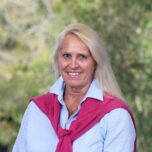
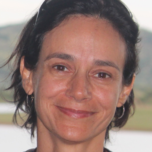

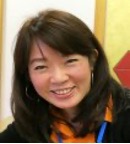
WG 3 Sustainably feed the global population
WG 4 Develop a sustainable and equitable ocean economy

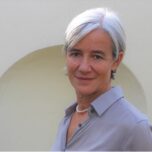
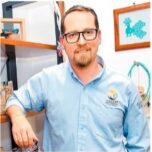

WG 5 Unlock ocean-based solutions to climate change
WG 6 Increase community resilience to ocean hazards
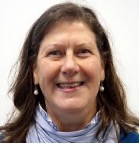
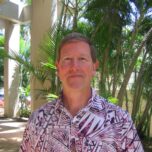

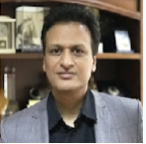
WG 7 Expand the Global Ocean Observing System
WG 8 Create a digital representation of the ocean
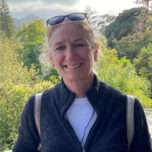



WG 9 Skills, knowledge and technology for all
WG 10 Change humanity’s relationship with the ocean


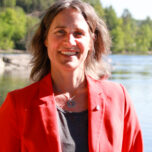

For more information, please contact:
Vision 2030 Team (vision2030@unesco.org)
***
About the Ocean Decade:
Proclaimed in 2017 by the United Nations General Assembly, the UN Decade of Ocean Science for Sustainable Development (2021-2030) (‘the Ocean Decade’) seeks to stimulate ocean science and knowledge generation to reverse the decline of the state of the ocean system and catalyse new opportunities for sustainable development of this massive marine ecosystem. The vision of the Ocean Decade is ‘the science we need for the ocean we want’. The Ocean Decade provides a convening framework for scientists and stakeholders from diverse sectors to develop the scientific knowledge and the partnerships needed to accelerate and harness advances in ocean science to achieve a better understanding of the ocean system, and deliver science-based solutions to achieve the 2030 Agenda. The UN General Assembly mandated UNESCO’s Intergovernmental Oceanographic Commission (IOC) to coordinate the preparations and implementation of the Decade.
About the IOC/UNESCO:
The Intergovernmental Oceanographic Commission of UNESCO (IOC/UNESCO) promotes international cooperation in marine sciences to improve management of the ocean, coasts and marine resources. The IOC enables its 150 Member States to work together by coordinating programmes in capacity development, ocean observations and services, ocean science and tsunami warning. The work of the IOC contributes to the mission of UNESCO to promote the advancement of science and its applications to develop knowledge and capacity, key to economic and social progress, the basis of peace and sustainable development.
